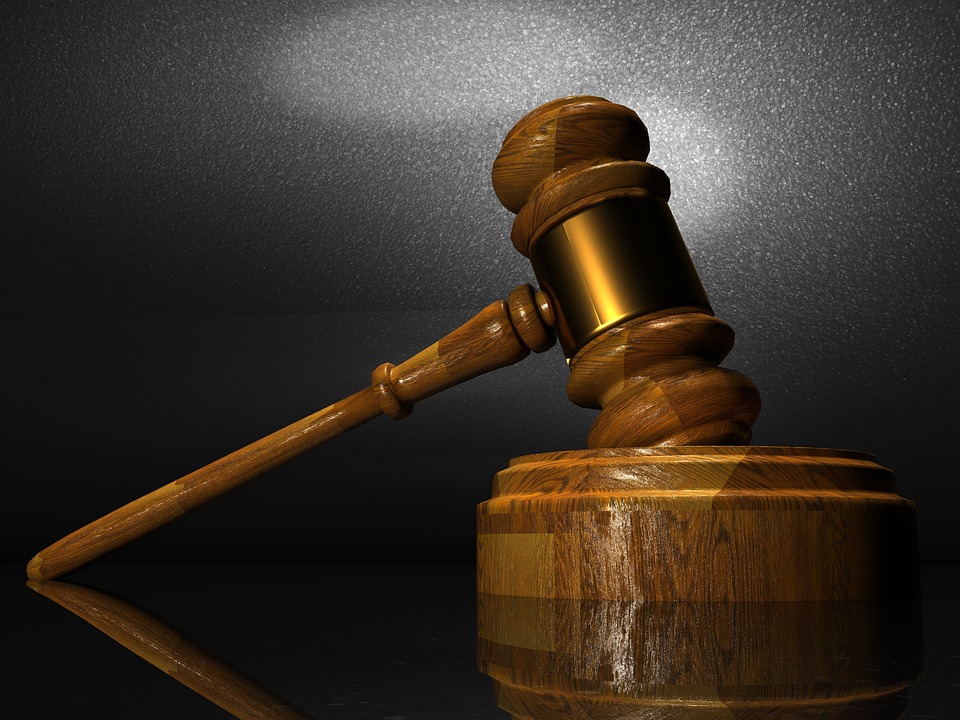Understanding Divorce Proceedings: Key Legal Aspects You Should Know
Introduction:
Divorce is often an emotionally challenging and complex process. It involves the legal dissolution of a marriage and encompasses various legal aspects that individuals should be aware of. Whether you are contemplating a divorce or are in the midst of one, understanding the key legal aspects can help you navigate through the proceedings more effectively. In this article, we will delve into the essential legal aspects of divorce, providing you with valuable insights and information.
Legal Grounds for Divorce:
Divorce proceedings require a valid reason or grounds for the dissolution of a marriage. These grounds may vary depending on the jurisdiction in which the divorce is filed. Commonly recognized grounds include:
1. Irretrievable breakdown of the marriage: This is the most frequently cited ground for divorce. It implies that the marriage has reached a point where it cannot be salvaged due to irreconcilable differences.
2. Adultery: When one spouse engages in a sexual relationship outside of the marriage, it may be considered adultery. However, proving adultery can be challenging, requiring substantial evidence.
3. Desertion: If one spouse abandons the other without a valid reason for an extended period, it may be considered desertion. However, the definition and duration of desertion vary across jurisdictions.
4. Physical or mental cruelty: Instances of physical or mental abuse can be grounds for divorce. However, it may require providing evidence to substantiate the claims.
Legal Process and Documentation:
Divorce proceedings involve several legal steps and the submission of various documents. Familiarizing yourself with these processes can help streamline the proceedings. Here are some key aspects to consider:
1. Filing a petition: The divorce process typically begins with one spouse filing a petition for divorce. This petition outlines the reasons for seeking a divorce and may include requests for child custody, spousal support, and division of assets.
2. Service of process: After filing the petition, the other spouse must be served with the divorce papers. This ensures that both parties are aware of the proceedings and have an opportunity to respond.
3. Legal representation: It is advisable to seek legal representation during divorce proceedings. Hiring an experienced divorce attorney can help protect your rights and guide you through the complex legal requirements.
4. Negotiation and settlement: In many cases, couples can reach a settlement agreement through negotiation or mediation. This agreement addresses various aspects such as child custody, visitation rights, division of assets, and spousal support. However, if an agreement cannot be reached, the case may proceed to trial.
5. Court hearings and trial: If the divorce case goes to trial, both parties will present their arguments and evidence before a judge. The judge will then make decisions on matters such as child custody, division of property, and financial support based on the presented evidence.
Frequently Asked Questions (FAQs):
1. How long does a divorce process typically take?
The duration of a divorce process varies depending on factors such as the complexity of the case, jurisdiction, and cooperation between both parties. On average, a divorce can take anywhere from several months to a year or more.
2. Can I get a divorce without hiring an attorney?
While it is possible to proceed with a divorce without legal representation, it is highly recommended to consult with an attorney. Divorce laws can be complex, and an attorney can provide invaluable guidance and ensure your rights are protected.
3. What factors are considered in child custody decisions?
When determining child custody, the court considers factors such as the child’s best interests, the parents’ ability to provide a stable environment, the child’s relationship with each parent, and any history of abuse or neglect.
4. How is property divided during a divorce?
The division of property during a divorce depends on the jurisdiction and whether it follows community property or equitable distribution principles. Community property states typically divide marital assets equally, while equitable distribution states consider various factors to determine a fair division.
5. Can I modify child custody or support agreements in the future?
Under certain circumstances, child custody and support agreements can be modified. Changes may be made if there is a substantial change in circumstances or if it is in the child’s best interests.
Conclusion:
Understanding the key legal aspects of divorce proceedings is crucial for anyone going through or contemplating a divorce. By familiarizing yourself with the grounds for divorce, the legal process, and necessary documentation, you can navigate through the proceedings more confidently. Remember to seek legal advice and support to ensure your rights are protected throughout the divorce process.
For more information on divorce proceedings and legal aspects, you may find the following resources helpful:
– [External Link 1]
– [External Link 2]




